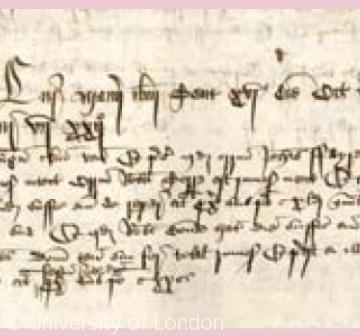Forest and Manor Courts; Exmoor

In much of England in the Middle Ages, routine business relating to local communities was conducted at the appropriate manorial court, while serious crimes were generally dealt with by royal officials. In manor courts, business included changes of tenancy, payment of heriots (an animal or money due to the lord after a tenant died), and cases between tenants. The jury or officers would present offences such as straying animals, houses in need of repair, pollution or diversion of watercourses, selling ale at excessive prices, or selling bad meat. A major exception to that were those areas that were under forest law, which imposed a wide range of exceptional fines and penalties and were operated through special courts with their own officials. It was largely implemented through royal itinerant courts called "eyres", but local forest courts known as the "swainmote" or "swanimote courts" were held twice a year in the spring.
Content generated during research for the paperback book 'Exmoor: The making of an English Upland' (ISBN 13 : 978-1-86077-597-0 ) for the England's Past for Everyone series
Content derived from research undertaken as part of the Victoria County History project





